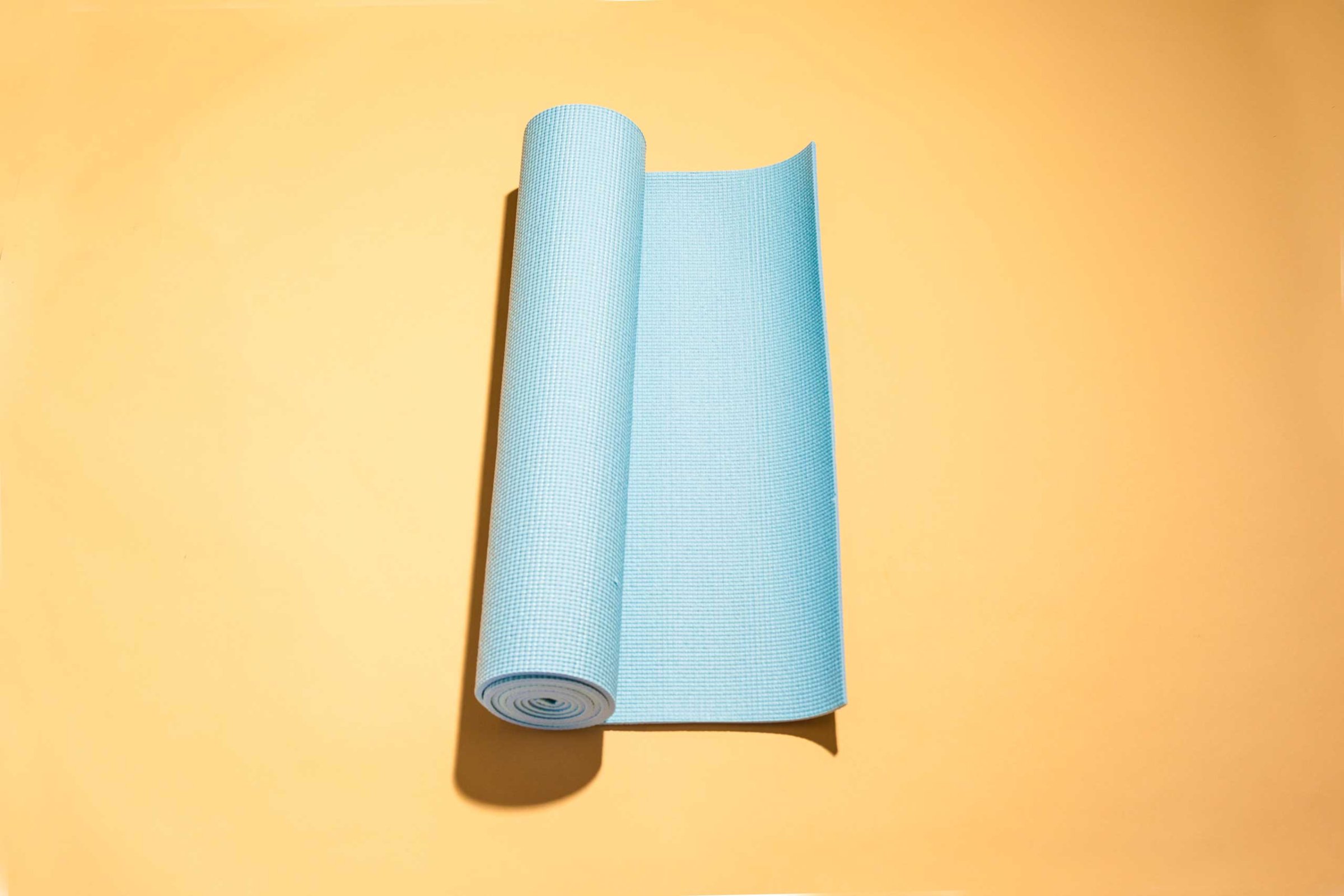
Practicing yoga regularly may help relieve stress, suggests a small study of women.
In the recent report, published in the journal Journal of Psychophysiology, researchers in Australia looked at 116 adult women who reported experiencing moderate to very high levels of stress for at least a month. These women were assigned to either partake in a regular yoga practice or not do yoga. The women in the yoga group were asked to complete 16 one-hour yoga classes, twice a week, over an eight week period, though women could also do just one class a week. About 40 women went to at least one class a week for eight weeks.
Study author Kaitlin N. Harkess, a PhD candidate at the University of Adelaide in Australia and a yoga teacher, says she was inspired to do the study after experiencing stress relief from the practice herself. “Over the years I noticed how practicing yoga regularly helped me balance my own stress levels and find joy through challenging periods,” she says. “I had students telling me their own stories of psychological and physiological change, which I found really inspiring.”
The women who practiced yoga had lower levels of psychological distress as well as less perceived stress compared to the women who did not practice yoga. Women in the yoga group also had higher levels of more positive emotions and moods. The women also experienced lower waist size and more flexibility. The researchers didn’t see a difference in blood pressure levels, mindfulness, well-being, and negative moods.
Since the number of women in the study is small, the researchers say they can’t make any definitive conclusions, but that the findings do suggest that people might experience more positive emotions and less stress when practicing yoga at least once a week. The researchers didn’t look at why yoga had an effect on stress and other markers, but as TIME has previously reported, other research has shown that practicing yoga can lower risk for heart problems as well as lower symptoms of pain and depression.
“I think that the take-home message is that further investigation of yoga practice’s relationship with mental health and physical health is warranted,” says Harkess.
More Must-Reads From TIME
- The 100 Most Influential People of 2024
- The Revolution of Yulia Navalnaya
- 6 Compliments That Land Every Time
- What's the Deal With the Bitcoin Halving?
- If You're Dating Right Now , You're Brave: Column
- The AI That Could Heal a Divided Internet
- Fallout Is a Brilliant Model for the Future of Video Game Adaptations
- Want Weekly Recs on What to Watch, Read, and More? Sign Up for Worth Your Time
Contact us at letters@time.com